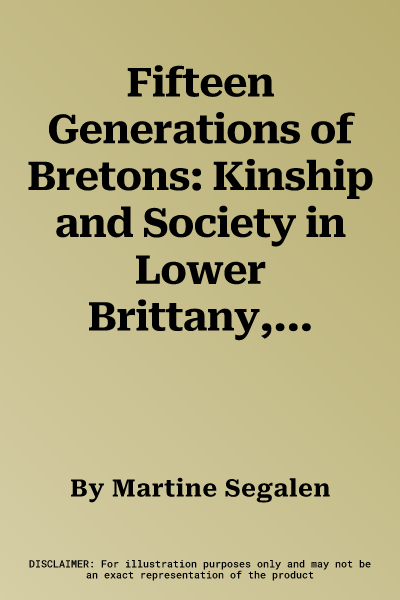Martine Segalen
(Author)Fifteen Generations of Bretons: Kinship and Society in Lower Brittany, 1720-1980Hardcover, 26 April 1991

Temporarily out of stock
Free Delivery
Cash on Delivery
15 Days
Free Returns
Secure Checkout

Part of Series
Cambridge Studies in Social and Cultural Anthropology
Part of Series
African Studies Series
Print Length
337 pages
Language
English
Publisher
Cambridge University Press
Date Published
26 Apr 1991
ISBN-10
0521333695
ISBN-13
9780521333696
Description
Product Details
Author:
Book Format:
Hardcover
Date Published:
26 April 1991
Dimensions:
22.81 x
15.19 x
2.31 cm
Genre:
French
ISBN-10:
0521333695
ISBN-13:
9780521333696
Language:
English
Location:
Cambridge
Pages:
337
Publisher:
Weight:
698.53 gm